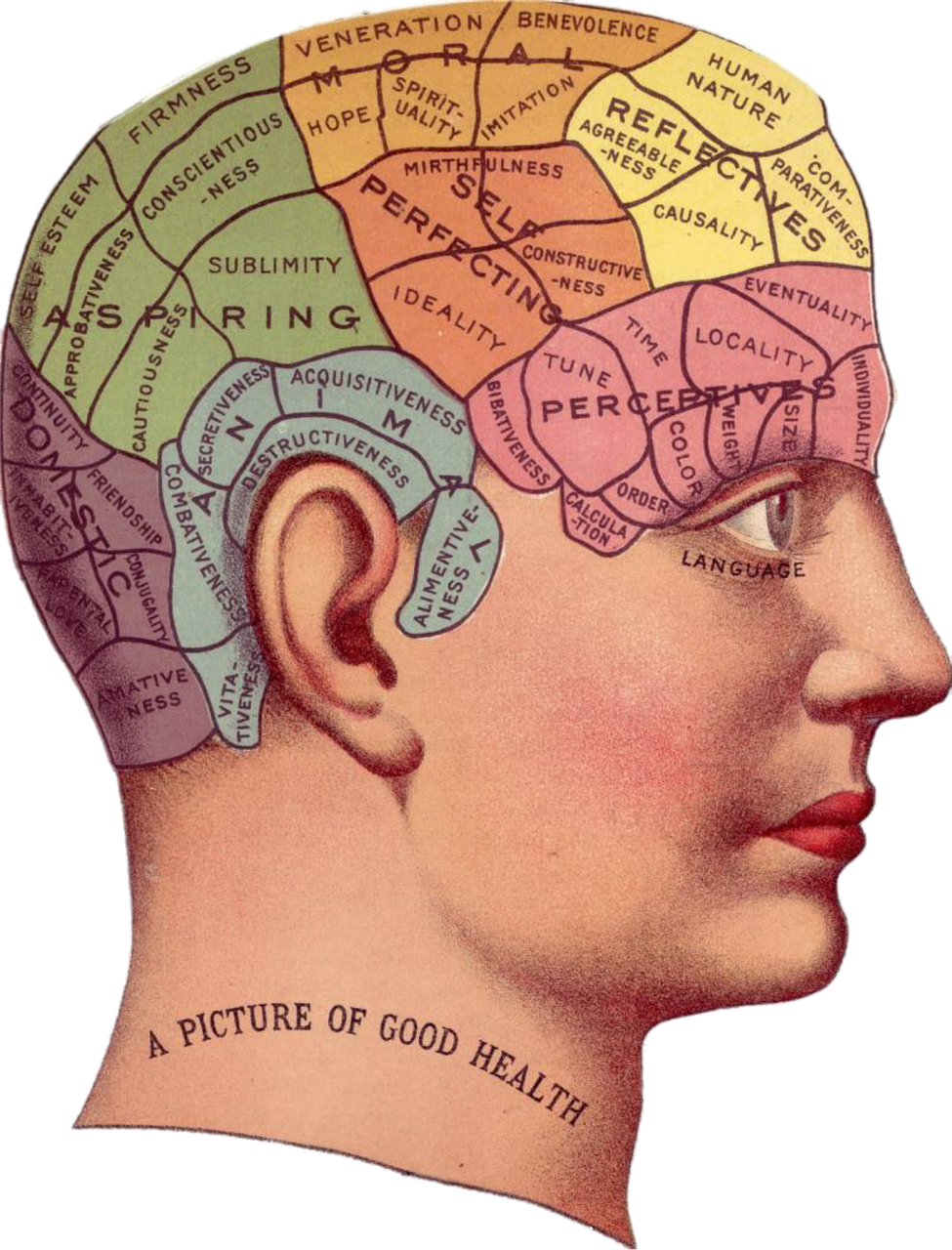
Introduction
Taking care of our mental and emotional health is crucial for overall well-being. This article explores various strategies and practices that can help individuals stay healthy, mentally and emotionally.
Understanding Mental Health
Mental health refers to a person’s emotional, psychological, and social well-being. It affects how individuals think, feel, and act, and it plays a significant role in determining how they handle stress, relate to others, and make choices. Factors such as genetics, life experiences, and family history can influence mental health. Some common mental health conditions include anxiety disorders, depression, and bipolar disorder.
Promoting Mental Health
Self-Care Practices
- Maintaining a balanced lifestyle: This involves finding a healthy balance between work, relationships, and personal interests. Prioritizing self-care activities, such as getting enough rest, engaging in hobbies, and setting boundaries, can contribute to better mental and emotional well-being.
- Practicing mindfulness and relaxation techniques: Mindfulness exercises, such as meditation and deep breathing, can help individuals stay present and manage stress effectively. Relaxation techniques, such as progressive muscle relaxation and guided imagery, promote relaxation and reduce anxiety.
- Engaging in regular physical activity:Physical activity has been linked to improved mental health. Engaging in regular exercise releases endorphins, which are known as “feel-good” hormones. Whether it’s going for a walk, doing yoga, or participating in team sports, finding an activity that you enjoy can have a positive impact on your mental and emotional well-being.
Building Healthy Relationships
- Nurturing supportive friendships and social connections: Surrounding yourself with positive and supportive people can greatly contribute to your mental and emotional health. Cultivate meaningful relationships, spend time with loved ones, and engage in activities that promote social interaction.
- Communicating effectively and resolving conflicts: Effective communication is essential for maintaining healthy relationships. It involves active listening, expressing oneself clearly, and resolving conflicts in a constructive manner. Good communication skills can strengthen relationships and reduce stress.
- Seeking professional help when needed: Sometimes, professional help is necessary to address mental health concerns. It’s important to recognize when to seek the assistance of a mental health professional. Therapists, counselors, and psychiatrists can provide guidance, support, and specialized treatments to promote mental well-being.
Emotional Well-being
Recognizing and Expressing Emotions
- Understanding the range of emotions: Emotions are a natural part of being human. It’s important to acknowledge and understand the wide spectrum of emotions we experience, from happiness and joy to sadness and anger. Each emotion serves a purpose and provides valuable information about our inner state.
- Developing emotional intelligence: Emotional intelligence involves being aware of one’s emotions, managing them effectively, and recognizing and empathizing with the emotions of others. Developing emotional intelligence can enhance self-awareness, improve relationships, and promote overall emotional well-being.
- Healthy ways to express emotions: Expressing emotions in healthy ways is essential for maintaining mental and emotional health. This can include journaling, talking to a trusted friend or therapist, engaging in creative outlets like art or music, or participating in support groups.
Coping with Stress and Challenges
- Effective stress management techniques: Stress is a common part of life, but excessive or prolonged stress can take a toll on mental and emotional health. Discovering effective stress management techniques, such as practicing relaxation exercises, engaging in hobbies, or seeking support from others, can help individuals cope with stress more effectively.
- Developing resilience and problem-solving skills: Resilience is the ability to bounce back from adversity and adapt to challenging situations. Building resilience involves developing problem-solving skills, cultivating a positive mindset, and fostering a strong support system. Resilience can enhance mental and emotional well-being by improving one’s ability to cope with life’s ups and downs.
- Seeking support from loved ones or professionals: It’s important to remember that seeking support is a sign of strength, not weakness. Reach out to trusted friends, family members, or mental health professionals when you need someone to listen, offer guidance, or provide professional help.
Lifestyle Factors for Mental and Emotional Health
Sleep and Rest
- Importance of quality sleep: Getting enough high-quality sleep is essential for mental and emotional well-being. Poor sleep can negatively impact mood, cognitive function, and overall mental health. Establishing a consistent sleep routine and creating a sleep-friendly environment can help improve the quality of sleep.
- Establishing a sleep routine: Going to bed and waking up at the same time each day helps regulate the body’s internal clock and promotes better sleep. Avoiding stimulants like caffeine and electronic devices before bedtime and creating a relaxing bedtime routine can contribute to a restful night’s sleep.
- Strategies for improving sleep hygiene: Sleep hygiene refers to practices and habits that promote good sleep. This can include maintaining a comfortable sleep environment, limiting daytime napping, avoiding heavy meals and stimulating activities close to bedtime, and ensuring regular physical activity duringthe day to promote better sleep at night.
Nutrition and Hydration
- Balanced diet for mental well-being: A nutritious diet plays a crucial role in supporting mental and emotional health. Consuming a variety of fruits, vegetables, whole grains, lean proteins, and healthy fats provides the necessary nutrients for optimal brain function. Avoiding excessive consumption of processed foods, sugary snacks, and alcohol can also contribute to better mental well-being.
- Foods that support brain health: Certain foods have been linked to improved brain health and mental function. These include omega-3 fatty acids found in fatty fish like salmon, nuts, and seeds; antioxidants found in colorful fruits and vegetables; and foods rich in vitamins and minerals, such as leafy greens, berries, and whole grains.
- Hydration and its impact on mental clarity: Staying hydrated is essential for maintaining mental clarity and overall well-being. Dehydration can lead to cognitive decline, fatigue, and mood disturbances. Drinking an adequate amount of water throughout the day is important for optimal brain function and emotional stability.
Seeking Professional Help
When to consult a mental health professional: It’s important to recognize when professional help is needed. If you’re experiencing persistent feelings of sadness, anxiety, or other symptoms that interfere with your daily life, it may be beneficial to consult a mental health professional. They can provide an accurate diagnosis, offer appropriate treatments, and guide you towards better mental and emotional health.
Different types of mental health professionals: There are various types of mental health professionals who specialize in different areas. Psychologists, psychiatrists, counselors, and therapists have different training and expertise. Choosing the right professional depends on your specific needs and preferences.
The benefits of therapy and counseling: Therapy and counseling can be highly beneficial for individuals seeking to improve their mental and emotional well-being. These professionals provide a safe and confidential space to explore thoughts, emotions, and concerns. Therapy can help individuals develop coping strategies, improve relationships, manage stress, and promote personal growth.
Conclusion
In conclusion, prioritizing mental and emotional health is essential for overall well-being. By practicing self-care, building healthy relationships, recognizing and expressing emotions, coping with stress, and adopting a healthy lifestyle, individuals can nurture their mental and emotional well-being. Seeking professional help when needed can also provide valuable support and guidance on the journey to better mental health.
FAQ (Frequently Asked Questions)
- What are some simple self-care practices I can incorporate into my daily routine?
- Engaging in activities you enjoy, practicing mindfulness or meditation, taking breaks, setting boundaries, and prioritizing rest and relaxation.
- How can I improve my emotional intelligence?
- Developing self-awareness, practicing empathy, actively listening, and seeking to understand and regulate your emotions.
- Are there any natural remedies for managing stress and anxiety?
- Some natural remedies include deep breathing exercises, practicing yoga or meditation, engaging in physical activity, and using aromatherapy or herbal teas for relaxation.
- Can nutrition really affect my mental health?
- Yes, a balanced diet that includes nutrients important for brain health can positively impact mental well-being.
- How do I find the right mental health professional for my needs?
- Consider factors such as their expertise, approach, and compatibility with your personality and values. It’s important to feel comfortable and supported in the therapeutic relationship. Consulting with your primary care physician or seeking recommendations from trusted individuals can also help you find the right professional for your needs.



